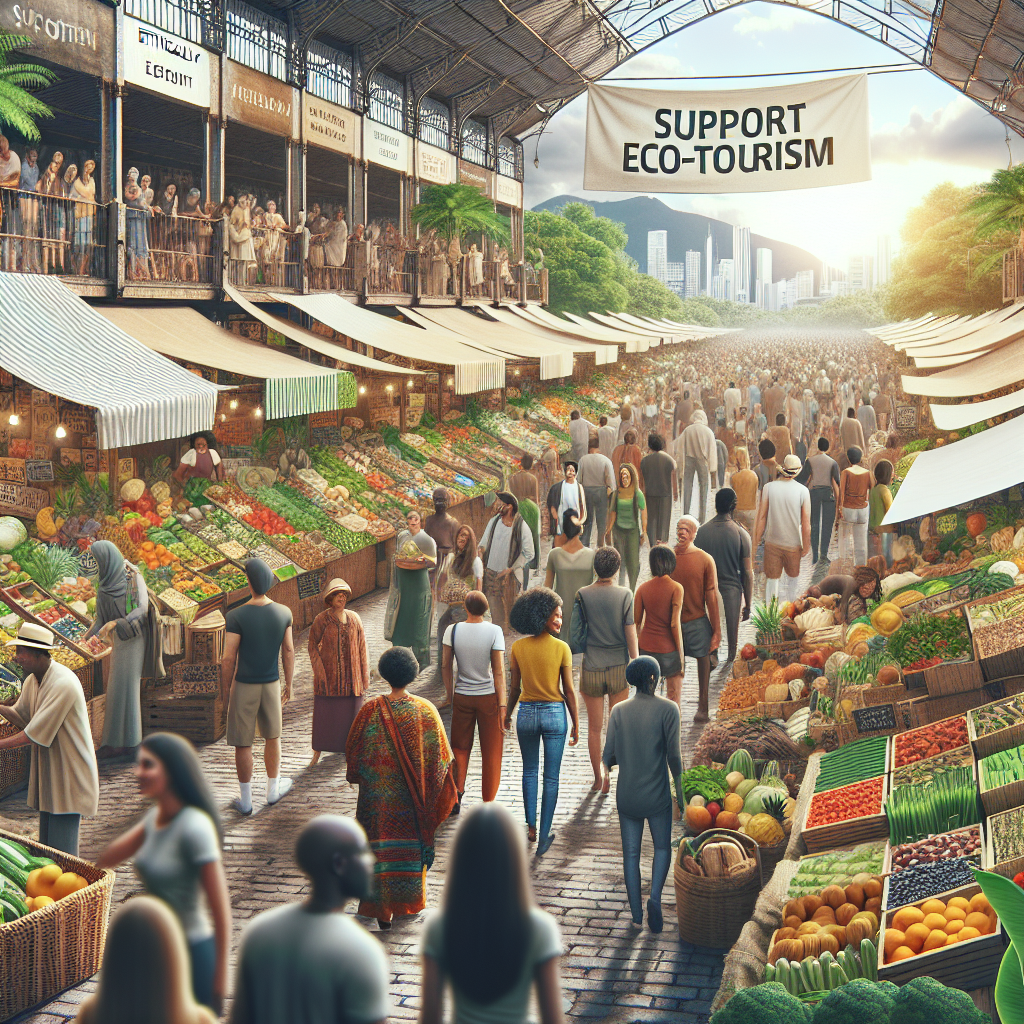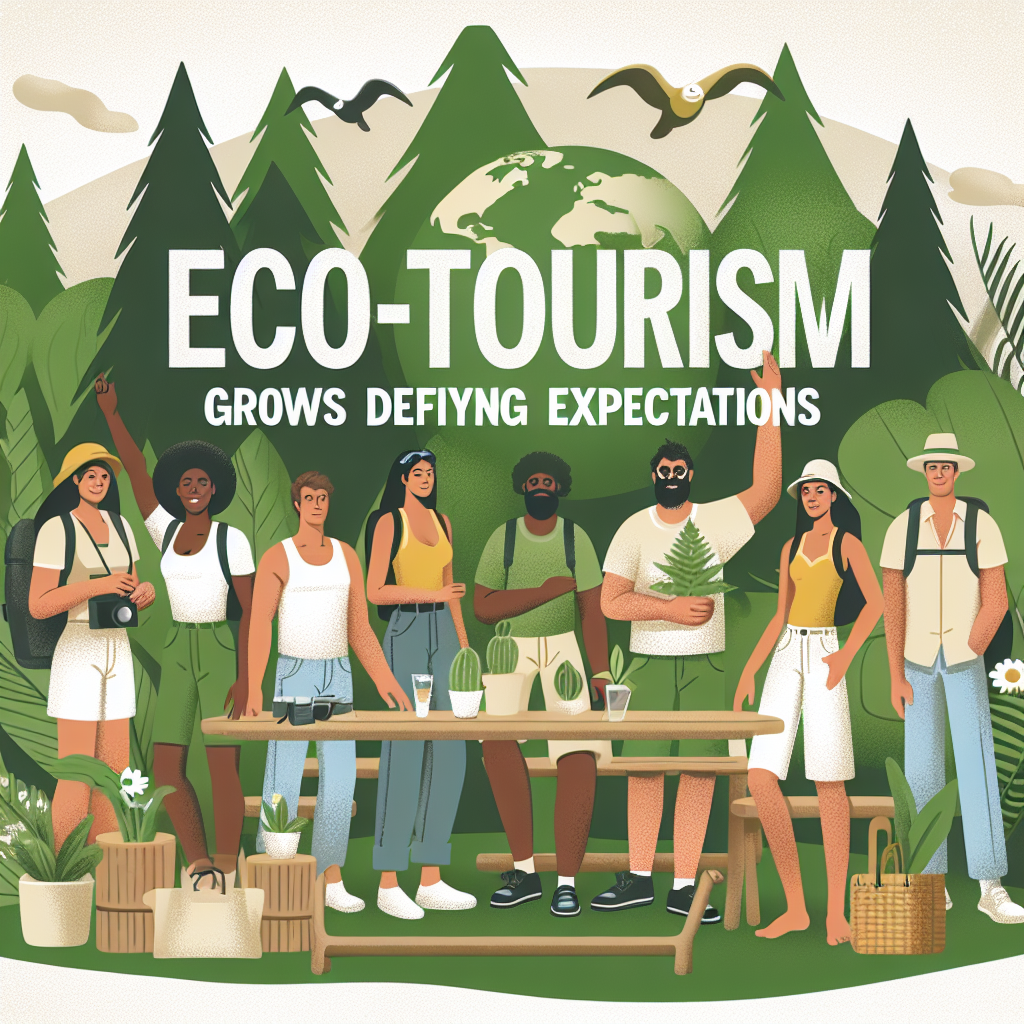The Issue at Hand: Eco-tourism is redefining businesses around the world. But how? Is it merely a fad or does it have more substance? To find out, we need to meet Grace Oyuki, from Kenya—an unemployed woman turned successful entrepreneur due to this blossoming sector.
My Position: As someone who appreciates fine dining and sustainable practices equally, I am fascinated by how eco-tourism combines both these passions. It’s like savoring an ethically sourced dish—it just tastes better knowing you’re contributing positively to society.
Supporting Evidence: According to WTTC (World Travel & Tourism Council), eco-tourism is expected to grow 10%-25% annually. It’s not just popular with tourists; small businesses are embracing it too for its economic benefits and ethical appeal.

Counterarguments: Critics argue that eco-tourism might lead to commodification of nature or cultural appropriation. True enough, but any industry has potential faults—it all depends on execution. Remember Quinoa’s global boom? Yes, there were issues with overproduction initially, but eventually standards were set leading to better farming practices.
Real-World Examples: Look at Oyuki’s story. Previously working as a fruit vendor, she now manages a successful eco-tourism agency providing experiences like farming workshops and traditional cooking sessions. This is how it adds flavor to business—infusing cultural richness into commerce.
Historical Precedents: Eco-tourism isn’t new—it’s been practiced for centuries, albeit unknowingly. The spice trade was perhaps one of the earliest forms, promoting cultural exchange while sustaining communities economically.

Personal Experience: I recall my visit to Thailand where eco-tourism introduced me to community-based wineries that prioritized sustainable practices over mass production. Speaking with such passionate vintners left an unforgettable taste.
Call to Action: Embrace and promote eco-tourism—it’s not just good for your conscience but also creates financial opportunities and engenders cross-cultural appreciation.
Vision for the Future: Imagine businesses worldwide unified by sustainable missions—each sip of coffee or bite of chocolate becoming a testament to this global commitment. That’s what I foresee when eco-tourism grows past expectations.

The Final Thoughts: As our plates are being filled with more responsible choices, let’s hope this spills over into other sectors too. Because ultimately, what we digest affects us all—the world truly is a buffet and eco-tourism a bold, savory dish on that menu.

